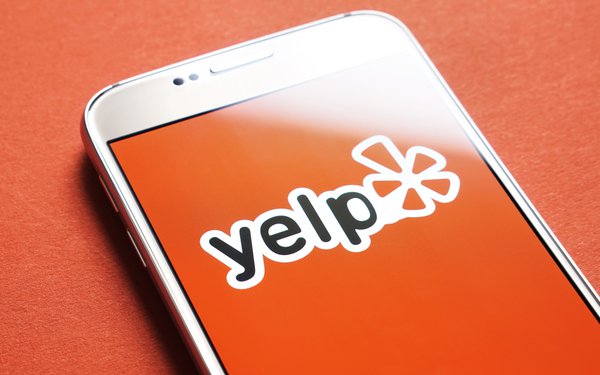
Yelp, a platform that relies heavily on comments and
recommendations, has become an outspoken advocate in favor of the Federal Trade Commission decision to outlaw fake endorsements.
“We are pleased the FTC has announced a new rule to combat deceptive
review practices,” Aaron Schur, Yelp general counsel, wrote in an email to Media Daily News. “Yelp has fully supported the FTC's efforts since the agency began exploring
rulemaking in 2022."
The company provided public comments last year to help further strengthen the final rule.
While Yelp’s policies have long prohibited practices outlined
in the FTC’s final rule, company executives believe the enforcement of this new rule will improve the review landscape for consumers and help level the playing field for businesses.
advertisement
advertisement
Katherine Armstrong, deputy director of the National Advertising Division (NAD), BBB National Programs, said the ruling is consistent with their endorsement and testimonial guidance, and
largely consistent with NAD precedence.
“It’s a mechanism for them to seek civil penalties for violations," Armstrong said. “They also will look at other patterns, and if
they identify something, they will conduct an investigation. None of this happens in a vacuum.”
The Federal Trade Commission banned businesses from purchasing phony reviews, suppressing negative critiques, and engaging in
other review-related practices that could dupe consumers.
Reviews can not only convince consumers to buy or not buy a specific product, they also can help advertisers decide to buy media
based on specific platform where the products are sold.
The FTC's final rule does not have provisions that apply to review platforms, which is addressed on page 19 in the final rule. It also did not identify summarizing the reviews using artificial intelligence
(AI) on a platform like Amazon or Yelp.
Unlike Amazon, Yelp does not publish summarized review content, but user reviews do help inform its AI-powered business summaries, which are brief
descriptions about a business that leverage large language models (LLMs) to parse recent reviews and describe what consumers can expect at the business.
The FTC regulations that were issued on
Wednesday prohibit businesses from creating or selling fake reviews generated by AI or by people who have not actually used the product or service they endorse.
AI has been used to analyze
reviews and pull them if they are deemed fraudulent, but the technology also has been used to summarize reviews within the comment section of platforms like Amazon. The technology reads the comments
and provides a general review based on the input.
Unreliable reviews have plagued Amazon and other online marketplaces for years, despite efforts by companies to purge them. In
2020, analysis by Fakespot found 42% of reviews on Amazon were fake or
unreliable.
On the other hand, in some instances when brands find a negative review that a customer has left on their company website, they pull it.
For Yelp, the idea to main
recommendations and content integrity is driven by its automated recommendation software, reporting by Yelp’s community of business owners and users, human moderation, and Consumer
Alerts.
Yelp also regularly coordinates fraud investigations to uncover deceptive review practices both on and off our platform. In fact, economists, industry experts,
and regulators suggest the company is one of the most aggressive and successful at identifying and weeding out unreliable reviews.